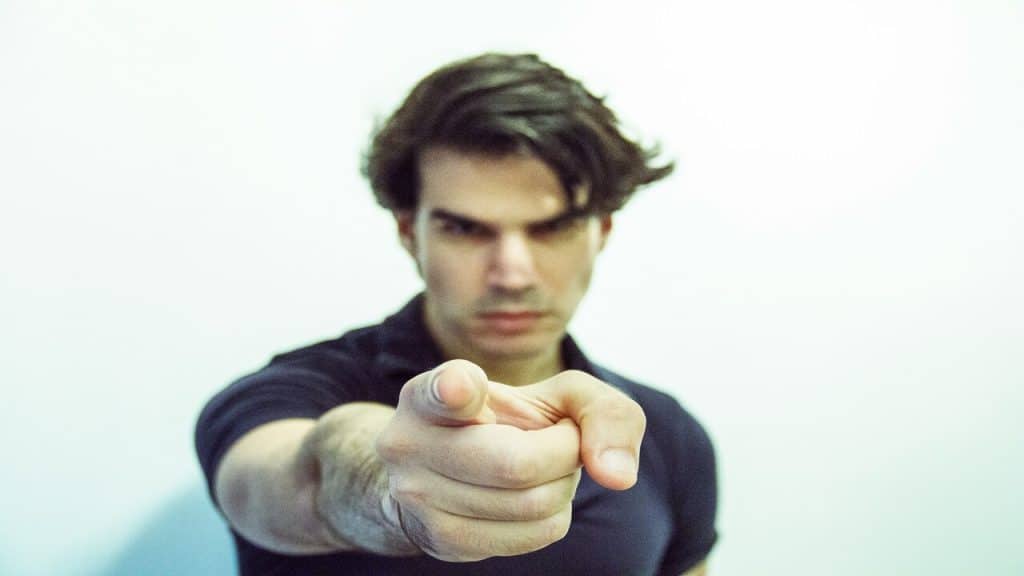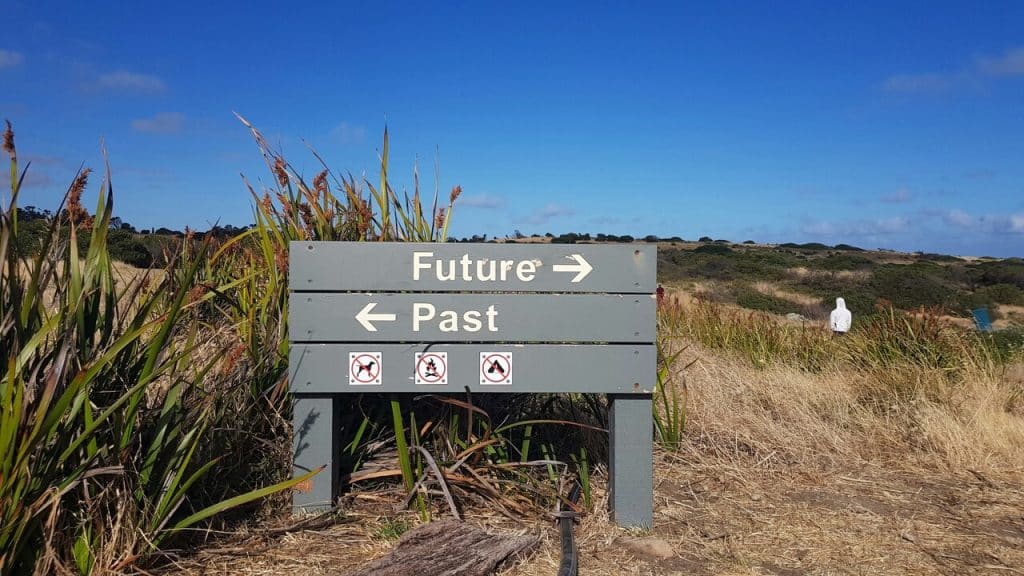
Sometimes the most strategic move you can make is the one that looks like inaction. In a world addicted to urgency, overreaction, and constant availability, choosing not to engage can feel radical. But restraint isn’t weakness–it’s control. It’s not that you don’t care. It’s that you’ve learned when it actually matters. Here’s when doing nothing isn’t giving up. It’s taking the high ground.
1. When Someone Tries to Bait You into a Fight

You don’t need to respond to everything–especially when it’s clearly designed to provoke you. Whether it’s passive-aggressive digs, online trolls, or someone trying to get a rise out of you in public, silence can be your shield. Responding just gives them what they want: your energy. Let them flail around for attention while you stay composed. That’s power they can’t touch.
2. When You’ve Already Said What Needed to Be Said

Once you’ve made your point clearly and calmly, anything more is noise. You don’t need to repeat yourself or try to force someone to get it. Let your words stand. If they weren’t listening the first time, more explaining won’t change that. There’s dignity in knowing when to stop talking.
3. When They’re Expecting You to Chase

Whether it’s dating, a negotiation, or a friendship on the edge–don’t let someone train you to beg for their time or attention. If they pull away to test your reaction, let them. Doing nothing is how you communicate you’re not here to perform. Real power is knowing you don’t have to prove your worth to anyone.
4. When You’re Too Emotional to Respond Wisely

Anger, anxiety, hurt–these states are real, and they distort your judgment. When you’re deep in them, your reaction will almost always come out too hot or too scattered. Instead of firing off a text, making a call, or confronting someone right away, pause. Do nothing. Let the storm pass so your next move is clean, not clouded.
5. When You Want Them to Show You Who They Are

People tell on themselves when you stop steering the dynamic. Stop texting first. Stop offering ideas. Stop fixing. Just sit back and watch. What they do next tells you everything you need to know. Doing nothing gives them space to reveal their patterns–without your interference skewing the results.
6. When You’re Faced with an Empty Threat

Not every ultimatum deserves a scramble. Some people bluff to control you–and the best way to dismantle that is to call it silently. Don’t explain yourself. Don’t panic. Just watch and wait. If the threat was fake, it’ll fold. If it wasn’t, at least now you know what you’re really dealing with.
7. When You’re in the Middle of a Power Struggle

Constant reacting puts you on defense. And in a power struggle, that’s where people want you–busy responding so they stay in control. Doing nothing breaks the cycle. Let them guess. Let them feel the discomfort of not getting a reaction. That stillness? That’s leverage.
8. When You’re Being Pressured to Decide Immediately

High-pressure sales, desperate demands, emotional blackmail–these all rely on urgency. The power move is to slow everything down. Take your time. “Let me think about it” is a boundary. Silence after a pushy demand? Even stronger. Doing nothing buys you space, and space gives you clarity.
9. When They’re Trying to Rewrite the Past

Gaslighting and revisionist history thrive on your participation. The more you argue, the more they twist. When someone’s clearly committed to bending reality, doing nothing protects your sanity. You don’t have to debate the truth. You just have to stop engaging with their version of it.
10. When You’re the Topic of Gossip

People who gossip want attention, controversy, or drama. Don’t feed the machine. Let them talk. The people who matter will see through it–and if they don’t, their opinion was never grounded anyway. Silence in the face of petty talk says: I’m not lowering myself to your level.
11. When You’re Waiting for the Dust to Settle

After a blow-up or major event, there’s often an urge to “fix it” fast. But clarity comes with calm. Let the moment breathe. Let others process. You don’t always need to rush in and patch things up. Sometimes the most mature thing is to sit with discomfort and let time work first.
12. When You’re Being Love-Bombed

Over-the-top flattery and instant intensity can feel good–until it veers manipulative. If someone’s rushing to win you over before you’ve even built trust, take a breath. Do nothing. Observe. See how they respond when they’re not in control of the pace. Real connection isn’t a sprint.
13. When You Want to Observe Instead of Perform

In social settings, we often feel the need to entertain, prove, or posture. But sometimes the power move is to blend in and just watch. You learn more that way. People’s masks drop when they don’t feel watched. Quiet presence is often louder than the biggest personality in the room.
14. When You’re Protecting Your Energy

Not every conversation is worth having. Not every invitation deserves a yes. You don’t owe explanations for preserving your bandwidth. Declining without drama or disappearing from draining dynamics isn’t rude–it’s self-respect. Doing nothing is how you say: I choose peace today.
15. When the Other Person Needs to Take the Next Step

Healthy dynamics require balance. If you’re always initiating, always fixing, always carrying the load–it’s time to stop. Say your piece, then pause. If they care, they’ll show up. If they don’t, your silence will speak louder than any reminder or nudge ever could.
16. When You Know They Want a Reaction

Some people feed off chaos. They poke and prod not to resolve things–but to keep the drama alive. It’s emotional bait, and reacting is how they hook you. Doing nothing cuts the cord. Let them rage into silence. It’s how you show you’re done dancing their dance.
17. When You’re Waiting for the Right Moment

Timing is strategy. Just because you can act now doesn’t mean you should. Sometimes the strongest move is to wait–wait for more information, for the emotion to cool, or for a more strategic opening. People who act too fast often regret it. Let patience be your edge.
18. When You’re Practicing Trust in Yourself

You don’t need constant validation. You don’t need a committee vote before every decision. Doing nothing is sometimes how you affirm that you already know the answer. Sitting still doesn’t mean you’re stuck–it means you’re listening to yourself before moving. And that’s the real flex.






Ask Me Anything